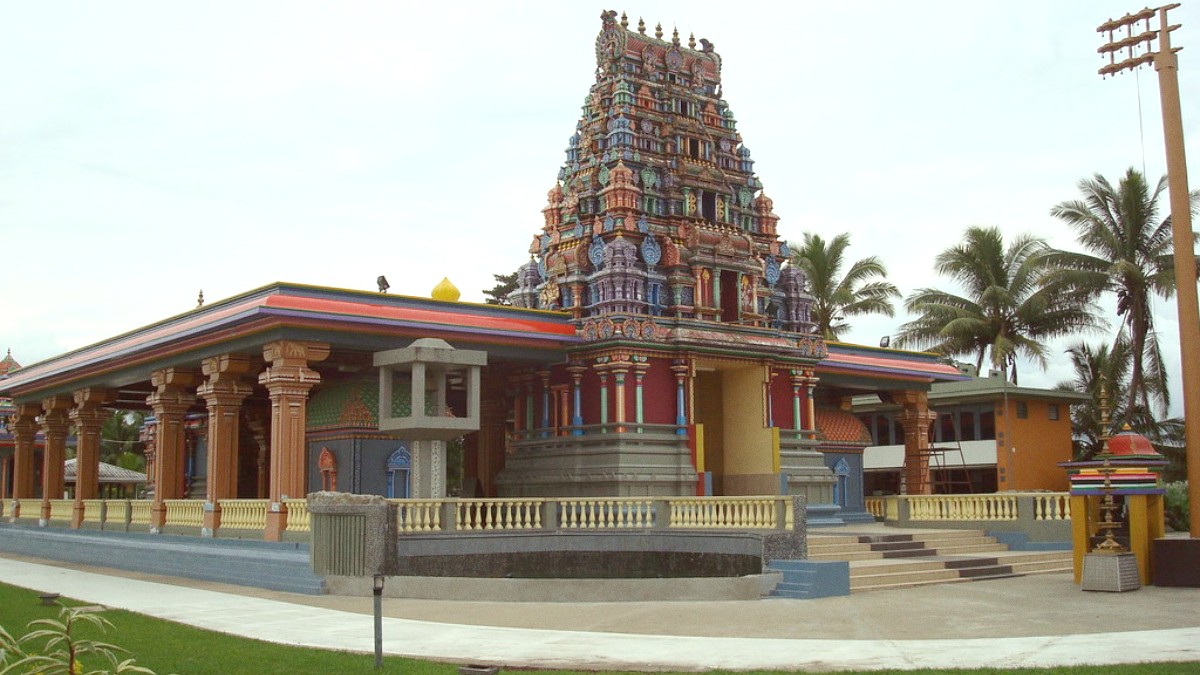
Viti Levu, Fiji
Business hours vary. Shops, supermarkets, restaurants, and markets have different schedules.
Access to financial services is common in Nadi.
Fiji observes several public holidays that can influence business operations.
Low season travel may see some schedule variations.
Verify specific hours for tours and attractions, especially during public holidays or the wet season, to avoid disappointment.
Fiji's rich culture welcomes visitors. Observing local customs deepens your experience.
A warm "Bula!" (boo-lah) universal greeting. It hello, welcome, health, life. Use it often! A genuine smile and eye contact appreciated. Handshakes common, especially for formal meetings. Pause to exchange pleasantries.
Casual clothing and swimwear fine by pools/beaches. Cover-up customary in common areas, dining, or shopping. Modest dress shoulders and knees covered required for villages/religious sites. A Sulu for women and shorts below knee for men are suitable. Remove hats and sunglasses during formal village visits.
Always ask permission before photographing individuals, notably children, and especially in villages. Respect privacy. Photography inside some religious sites may have restrictions; look for signs or ask for clarification.
Awareness of these aspects ensures respectful interactions.
A little cultural awareness goes a long way. Your efforts to show respect will be genuinely appreciated by locals.
Nadi's infrastructure for travelers with accessibility needs is growing, with greater provisions in newer, larger resorts.
Accessibility infrastructure is limited outside of major luxury resorts, specifically on Denarau Island.
Accessibility varies significantly across different sites and transport options.
Specialized services for travelers with visual or hearing impairments are few.
Finding detailed accessibility information.
While accessibility may not match global standards everywhere, advance planning and direct communication with providers can significantly aid in a comfortable Fiji experience.